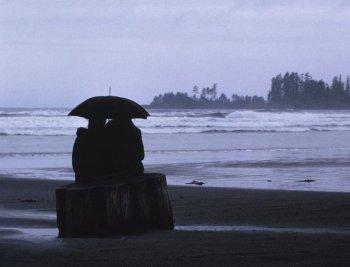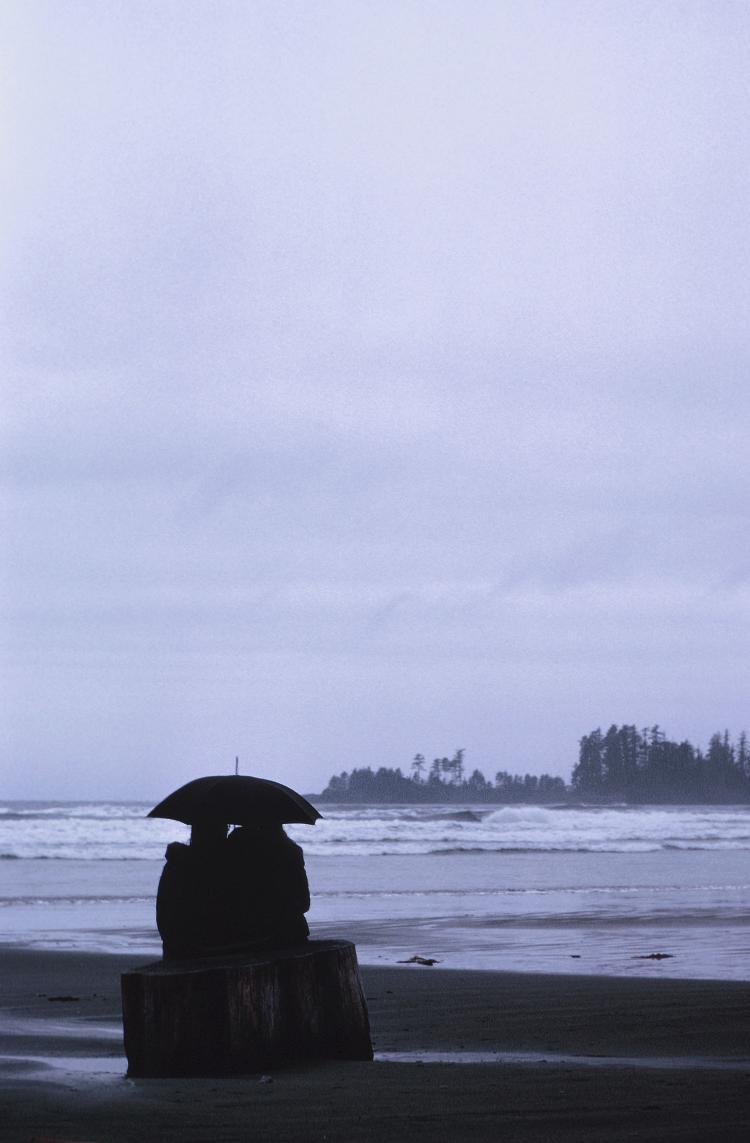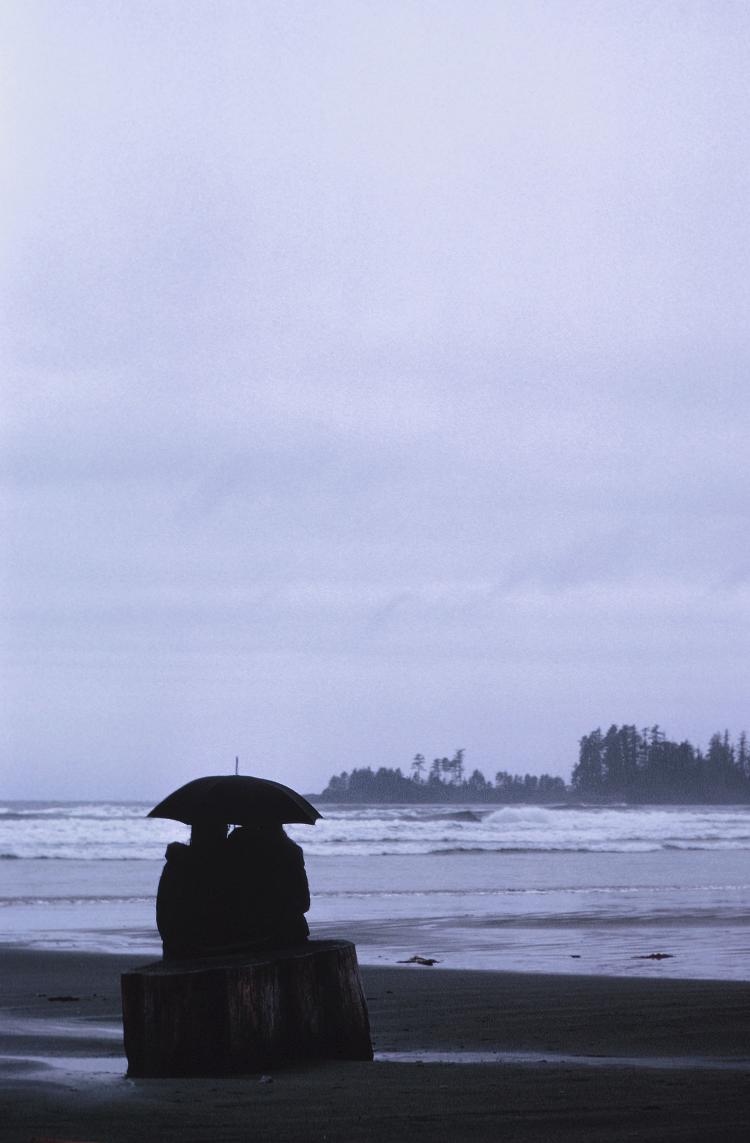Serious water shortages in many regions of the country mean it’s time for Canada to take a hard look at rainwater harvesting, says a water advocate.
The recent news that most of British Columbia’s snowpacks have declined this year to the lowest on record should serve as a wake-up call, says Susanne Porter-Bopp, community water coordinator with the POLIS Project at the University of Victoria.
“I’m hoping that this is going to be one of those summers that really gets people thinking about water,” she says. “This might just be the push that we need to finally get some action on these more innovative water-conservation tools and strategies.”
Porter-Bopp says widespread rainwater harvesting would ease pressure on municipal water systems. A study by researchers at the University of Guelph found that rainwater harvesting could decrease household potable water demands by as much as 47 percent.
Rainwater harvesting is the age-old practice of capturing rainwater runoff from roofs and storing it for future use. The practice is still used in many parts of the world, particularly in the global south, as the main source for drinking, bathing, crop irrigation, and livestock.
Fifty years ago, rain barrels and cisterns were common outside Canadian homes. But this fell out of favour with the advent of cheap irrigation systems and the easy availability of potable water—high-quality treated municipal drinking water.
Much of the time, people don’t even need to use potable water, Porter-Bopp says.
“Even if we changed the regulations and made them more clear so as to allow things like rainwater and grey water into our homes for non-potable use like in toilets and laundry machines, that would have a huge affect on easing up on how much we pull from the municipal systems.”
There are several barriers to this, such as cost, liability concerns, and the lack of clear policy on rainwater harvesting. However, Ontario already permits rainwater and grey water reuse in the provincial building code, while Nova Scotia, Saskatchewan, and B.C. are planning to do likewise.
“People working on water issues in B.C. were really excited to see that,” says Porter-Bopp. “That means that there’s an appetite for it.”
Grey water is wastewater generated from domestic activities such as laundry, dishwashing, and bathing which can be recycled onsite for other uses.
In Calgary, most city-owned golf courses and many parks are now using rain and river water rather than potable water. In recent years, Alberta has been plagued by drought conditions, especially in rural areas. As in B.C., declining snowpack levels could force water restrictions this summer.
The recent news that most of British Columbia’s snowpacks have declined this year to the lowest on record should serve as a wake-up call, says Susanne Porter-Bopp, community water coordinator with the POLIS Project at the University of Victoria.
“I’m hoping that this is going to be one of those summers that really gets people thinking about water,” she says. “This might just be the push that we need to finally get some action on these more innovative water-conservation tools and strategies.”
Porter-Bopp says widespread rainwater harvesting would ease pressure on municipal water systems. A study by researchers at the University of Guelph found that rainwater harvesting could decrease household potable water demands by as much as 47 percent.
Rainwater harvesting is the age-old practice of capturing rainwater runoff from roofs and storing it for future use. The practice is still used in many parts of the world, particularly in the global south, as the main source for drinking, bathing, crop irrigation, and livestock.
Fifty years ago, rain barrels and cisterns were common outside Canadian homes. But this fell out of favour with the advent of cheap irrigation systems and the easy availability of potable water—high-quality treated municipal drinking water.
Much of the time, people don’t even need to use potable water, Porter-Bopp says.
“Even if we changed the regulations and made them more clear so as to allow things like rainwater and grey water into our homes for non-potable use like in toilets and laundry machines, that would have a huge affect on easing up on how much we pull from the municipal systems.”
There are several barriers to this, such as cost, liability concerns, and the lack of clear policy on rainwater harvesting. However, Ontario already permits rainwater and grey water reuse in the provincial building code, while Nova Scotia, Saskatchewan, and B.C. are planning to do likewise.
“People working on water issues in B.C. were really excited to see that,” says Porter-Bopp. “That means that there’s an appetite for it.”
Grey water is wastewater generated from domestic activities such as laundry, dishwashing, and bathing which can be recycled onsite for other uses.
In Calgary, most city-owned golf courses and many parks are now using rain and river water rather than potable water. In recent years, Alberta has been plagued by drought conditions, especially in rural areas. As in B.C., declining snowpack levels could force water restrictions this summer.







